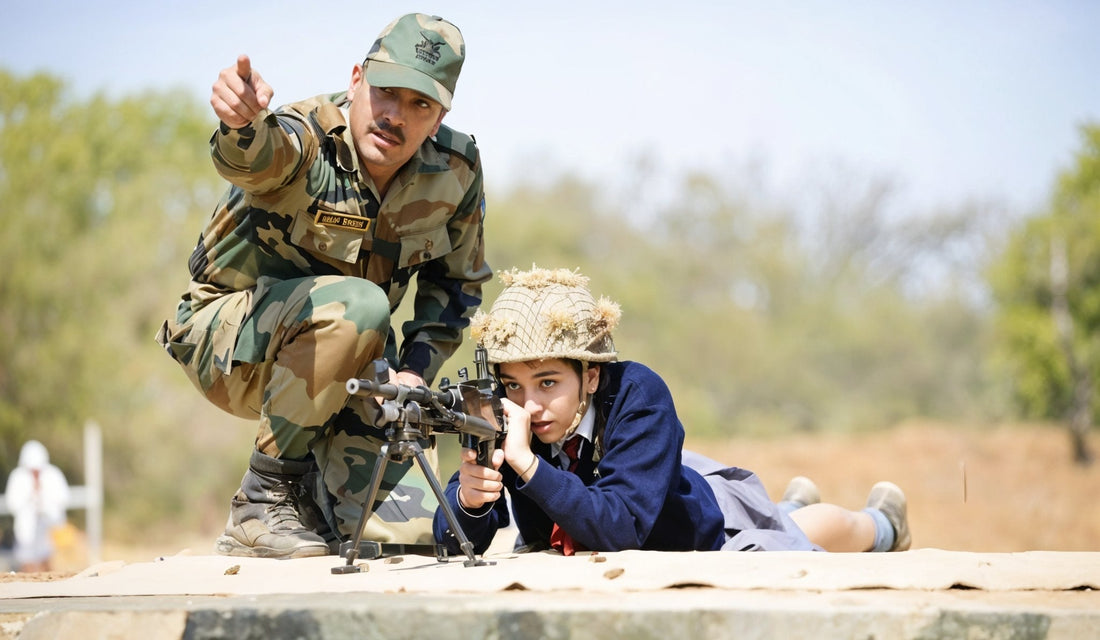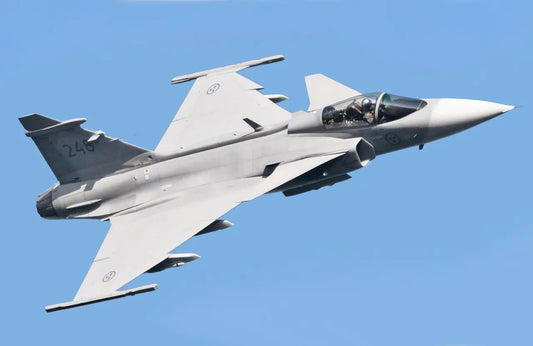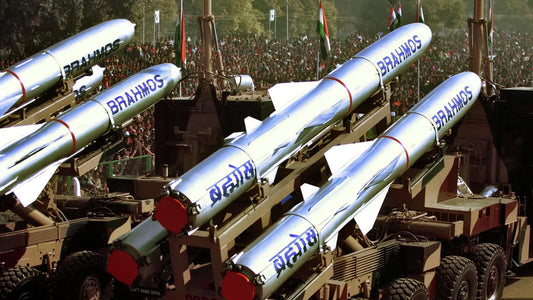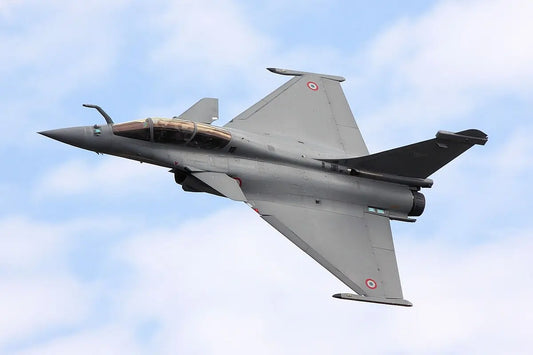Is Compulsory Military Service Necessary for India?

India, home to one of the world's most formidable armed forces, has long maintained a volunteer-based military system. With over 1.49 million active personnel and 1.15 million in reserve, the Indian Armed Forces stand as a symbol of strength, discipline, and dedication. Yet, the question resurfaces periodically: Should India implement compulsory military service?
This article explores the current framework, proposed legislation, pros and cons, and international comparisons to address this crucial national debate.
SSB Interview Books Power Pack: 4 Must Read Books for Defence Aspirants
Rs. 1,760.00
Sale price
Rs. 1,399.00
Let's Crack SSB Interview Book [Paperback]
Rs. 390.00
Sale price
Rs. 360.00
Breaking The Code of SSB Psychological Tests Book - SSB Interview (TAT/WAT/SRT/SD)
Rs. 390.00
Sale price
Rs. 360.00
OIR Test & PPDT Book - SSB Interview Screening Test - Stage 1 Testing
Rs. 490.00
Sale price
Rs. 375.00
Current Status of Military Service in India
Unlike countries such as Israel and South Korea, India has never adopted conscription, either under British rule or post-independence. The Indian Army, with over 1.23 million active personnel, is the second-largest standing army in the world and operates purely on voluntary enlistment. This structure supports India’s ethos of individual freedom and professional military standards.
The 2019 Conscription Proposal: What Was It?
In 2019, a Private Member’s Bill titled Compulsory Military Conscription Bill was introduced in the Lok Sabha. The proposal included:
- Eligibility: Citizens aged 17 to 23.
- Service Period: 6 months of training + 12 months of active duty.
- Compensation: No salary or stipend, except for those under the income tax threshold.
- Estimated Cost: ₹5,000 crore annually in recurring costs, plus ₹100 crore non-recurring.
While the bill sparked debate, it was never enacted, largely due to feasibility concerns.
Arguments For Compulsory Military Service
1. Strengthened National Security
A larger reserve of trained individuals would mean enhanced emergency preparedness and quicker mobilization in times of conflict or natural disaster.
2. Instilling Patriotism and Discipline
Military training instills a sense of national pride, civic responsibility, and personal discipline among the youth, creating more responsible citizens.
3. Skill Development
Training programs promote leadership, time management, fitness, teamwork, and crisis response skills—valuable in both military and civilian careers.
4. Social Integration
Compulsory service could bridge regional, linguistic, and socioeconomic divides by bringing young Indians from different backgrounds together under a common mission.
Arguments Against Compulsory Military Service
1. Logistical and Financial Hurdles
Implementing such a program in a country with a population of over 1.4 billion would demand massive infrastructure, training facilities, and a steep financial investment.
2. Impact on Personal Freedoms
Critics argue that mandatory service infringes on individual liberty and may derail educational or professional aspirations of youth.
3. Questionable Motivation and Quality
Forcing uninterested or unmotivated individuals into service could hurt morale and overall effectiveness of the armed forces.
4. Alternative Solutions
Experts suggest investing in modernization, increasing defence budgets, and enhancing the existing volunteer force instead of enforcing compulsory service.
What the Constitution Says
Article 23 of the Indian Constitution prohibits forced labor but makes exceptions for “public purposes,” which include military conscription. Legally, the government can implement such a policy—but it has never exercised this power.
Public and Expert Sentiment
While a section of the public supports mandatory military service to instil patriotism and discipline, defence experts remain divided. Many favour improving the quality of the current volunteer force and focusing on technological advancement rather than expanding headcount through conscription.
International Comparisons
| Country | Conscription | Duration | Remarks |
|---|---|---|---|
| Israel | Yes | 24–32 months | Mandatory for men and women |
| Singapore | Yes | 24 months | Males undergo military or civil defence training |
| South Korea | Yes | 18–21 months | Mandatory for all able-bodied men |
| India | No | N/A | Entirely volunteer-based system |
The Final Verdict
India’s military tradition is strong, and its forces are among the most respected in the world—without compulsory service. While the idea of conscription appeals to some for its perceived benefits in discipline and national unity, the practical hurdles are daunting. A mandatory system could strain national resources and compromise personal freedoms.
Instead, India could focus on:
- Short-term voluntary military training for interested youth.
- Incentives for military service, especially for those seeking government jobs.
- Integration of NCC (National Cadet Corps) and other civic services in schools and colleges.
Conclusion
Is compulsory military service necessary for India? Given the country's existing volunteer military structure, economic constraints, and democratic values, the answer leans towards No. However, the debate remains relevant as India balances national security needs with evolving socio-political dynamics. Rather than enforce mandatory service, a better path may lie in strengthening and incentivizing the volunteer framework—ensuring readiness, unity, and freedom go hand in hand.


![Let's Crack SSB Interview Book [Paperback]](http://shop.ssbcrack.com/cdn/shop/files/ssb-books.webp?v=1736351621&width=533)

























1 comment
Not possible in context of India and also not required. GOI is not able to fill the current seats. Yes, NCC could be made compulsory in schools and weapon handling must be taught.